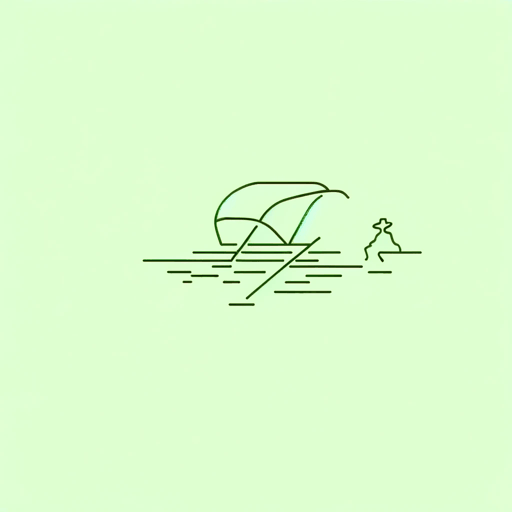47 pages • 1 hour read
Mark TwainThe Adventures of Huckleberry Finn
Fiction | Novel | Middle Grade | Published in 1884A modern alternative to SparkNotes and CliffsNotes, SuperSummary offers high-quality Study Guides with detailed chapter summaries and analysis of major themes, characters, and more.
Important Quotes
“NOTICE: Persons attempting to find a motive in this narrative will be prosecuted; persons attempting to find a moral in it will be banished; persons attempting to find a plot in it will be shot.”
("Notice", Page 1)
This epigrammatic warning shot is among the most quotable lines in Twain’s unusually quotable career. Much of 19th-century American literature was openly moralistic and reformative in rhetoric and tone, and so Twain’s opening strategy here is to disarm the reader. Indeed, the book was popular with children, its intended audience, who found little trace of the Sunday school atmosphere Huck himself so abhorred.
“In this book a number of dialects are used […] I make this explanation for the reason that without it many readers would suppose that all these characters were trying to talk alike and not succeeding.”
(“Explanatory” , Page 3)
Modern readers are accustomed to books written partially or entirely in regional dialect, but Twain’s readers were not. The initial controversy surrounding The Adventures of Huckleberry Finn did not concern slavery, as it does now, but the idea that children would read “vulgarities” such as the contraction “ain’t,” thus taking them as normal.
“You don’t know about me, without you have read a book by the name of ‘The Adventures of Tom Sawyer,’ but that ain’t no matter. That book was made by Mr. Mark Twain, and he told the truth, mainly.”
(Chapter 1, Page 9)
Later, Huck will claim authorship of his own book, stating on the last page that if he’d known how difficult it would be to write a book, he wouldn’t have done it. While The Adventures of Tom Sawyer was written from a third-person perspective, this sequel is told from Huck’s limited and unreliable first-person perspective.
Related Titles
By Mark Twain

A Connecticut Yankee in King Arthur's Court
Mark Twain
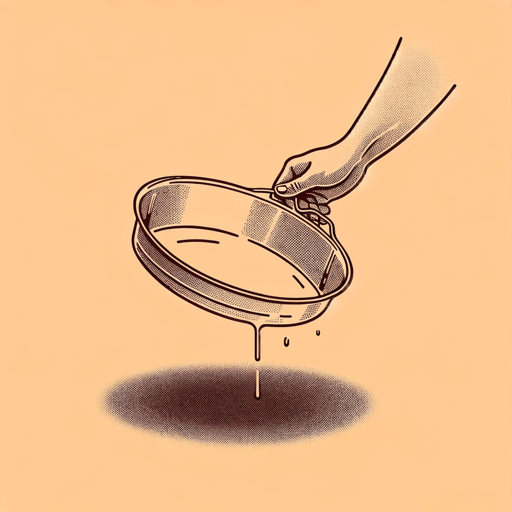
A True Story
Mark Twain

Letters from the Earth
Mark Twain
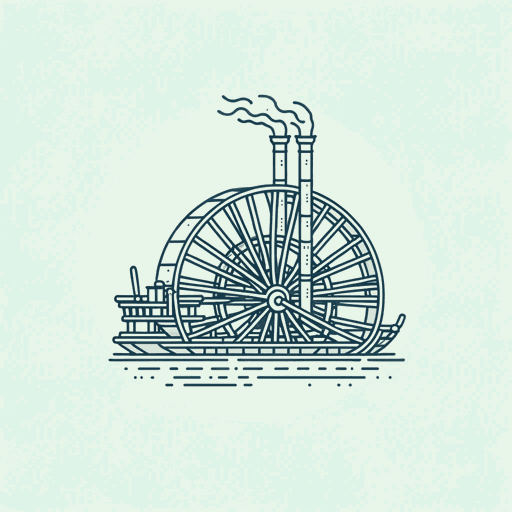
Life on the Mississippi
Mark Twain

Roughing It
Mark Twain
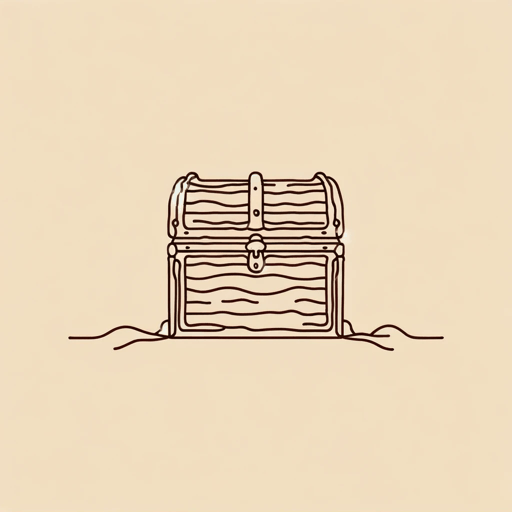
The Adventures of Tom Sawyer
Mark Twain

The Autobiography of Mark Twain
Mark Twain
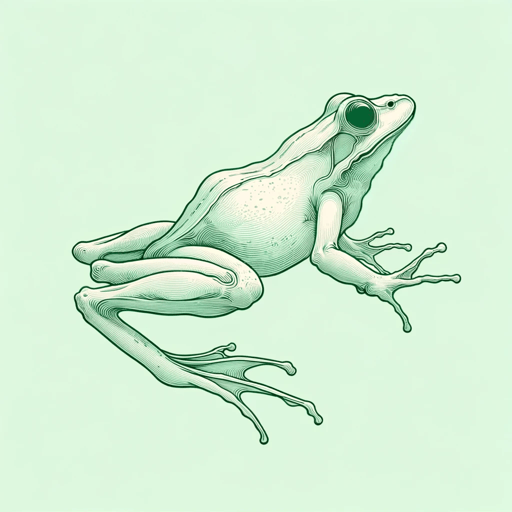
The Celebrated Jumping Frog of Calaveras County
Mark Twain

The Gilded Age: A Tale of Today
Mark Twain, Charles Dudley Warner

The Innocents Abroad
Mark Twain
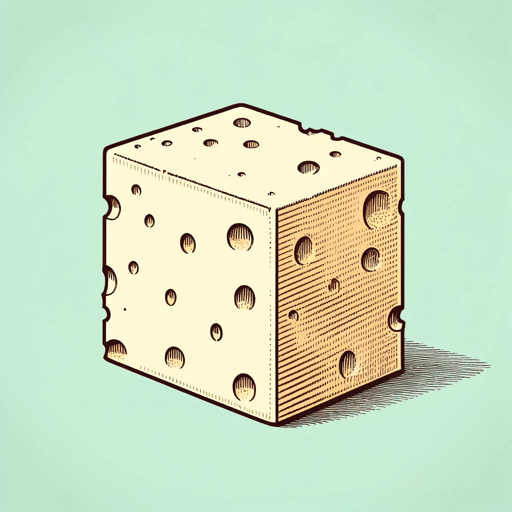
The Invalid's Story
Mark Twain

The Man That Corrupted Hadleyburg
Mark Twain
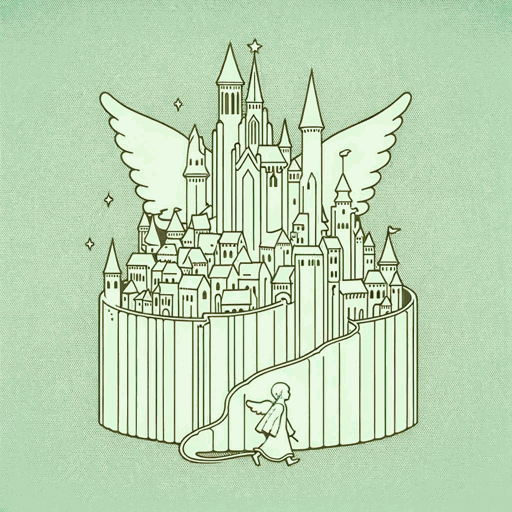
The Mysterious Stranger
Mark Twain

The Prince and the Pauper
Mark Twain
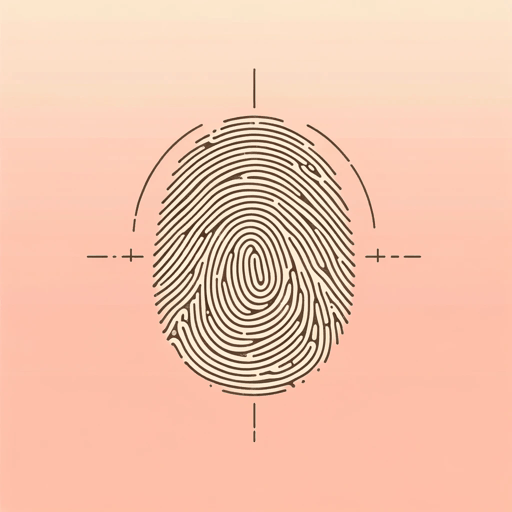
The Tragedy of Pudd'nhead Wilson
Mark Twain

The War Prayer
Mark Twain
